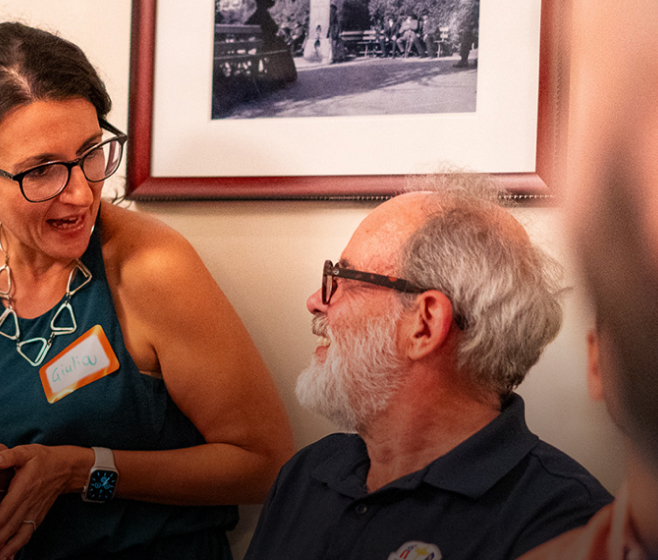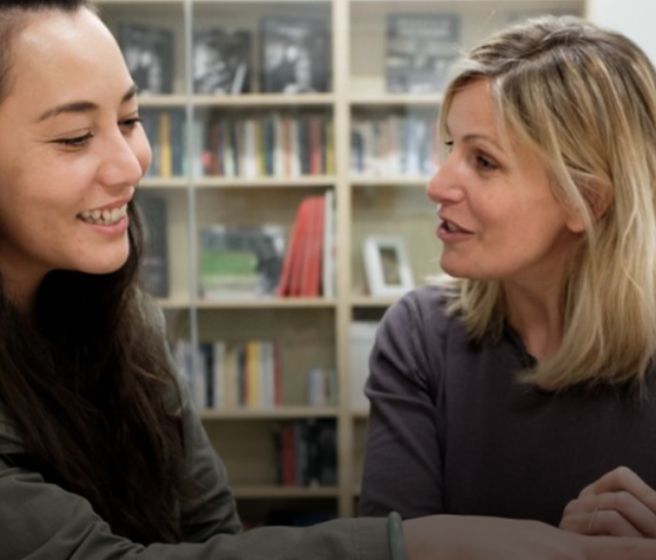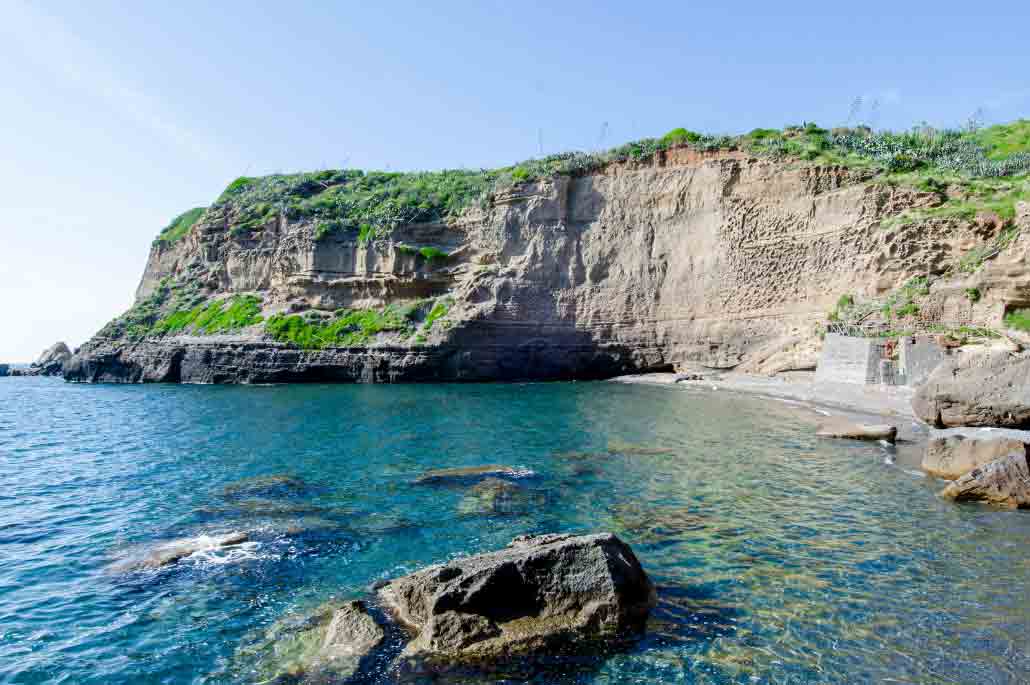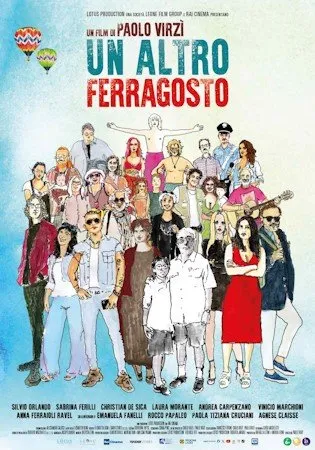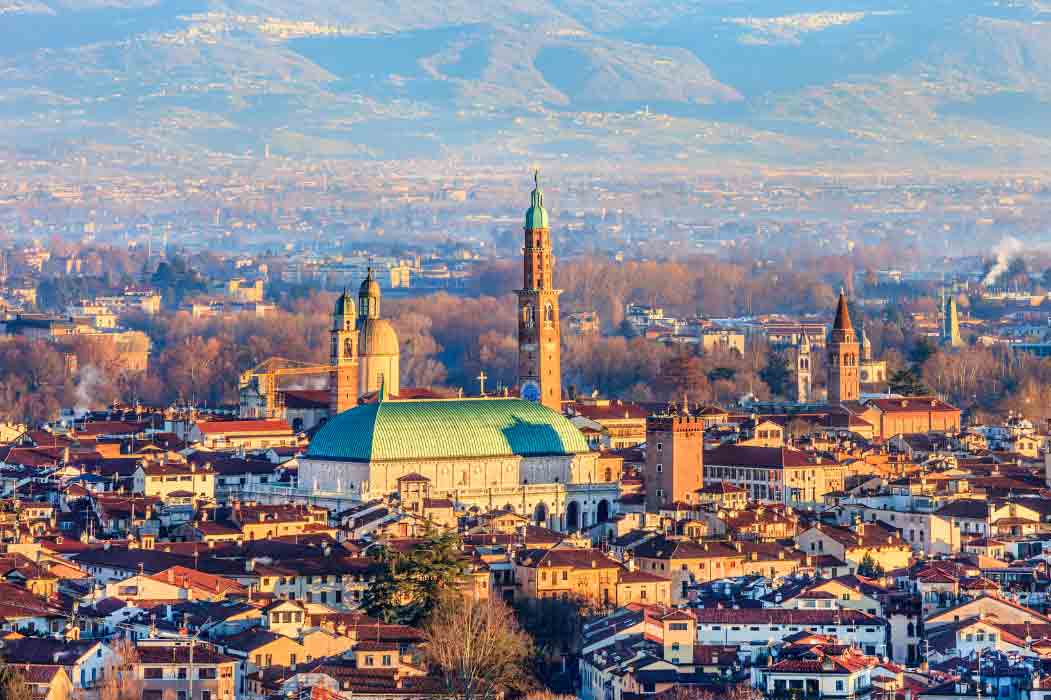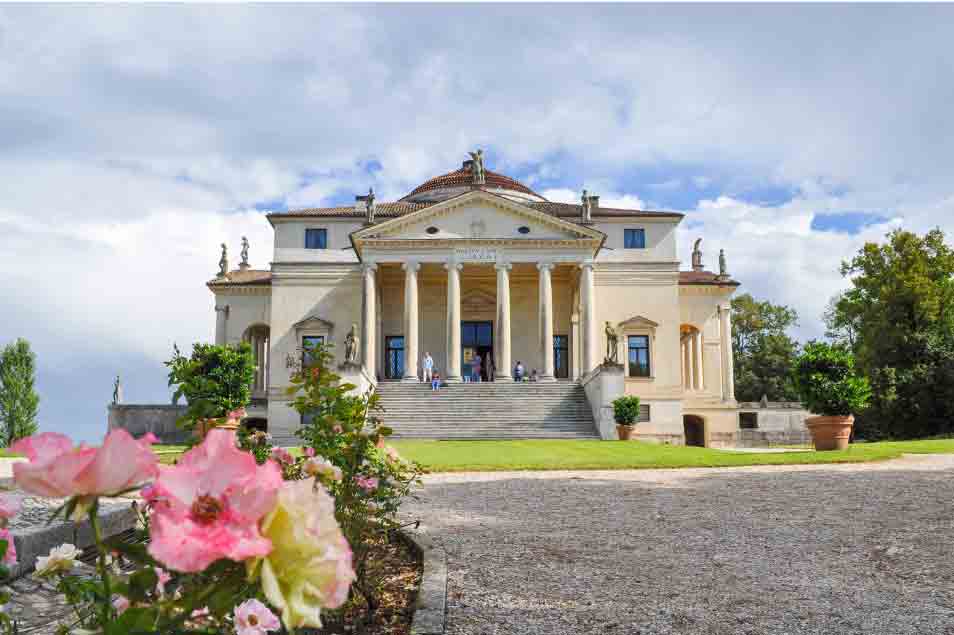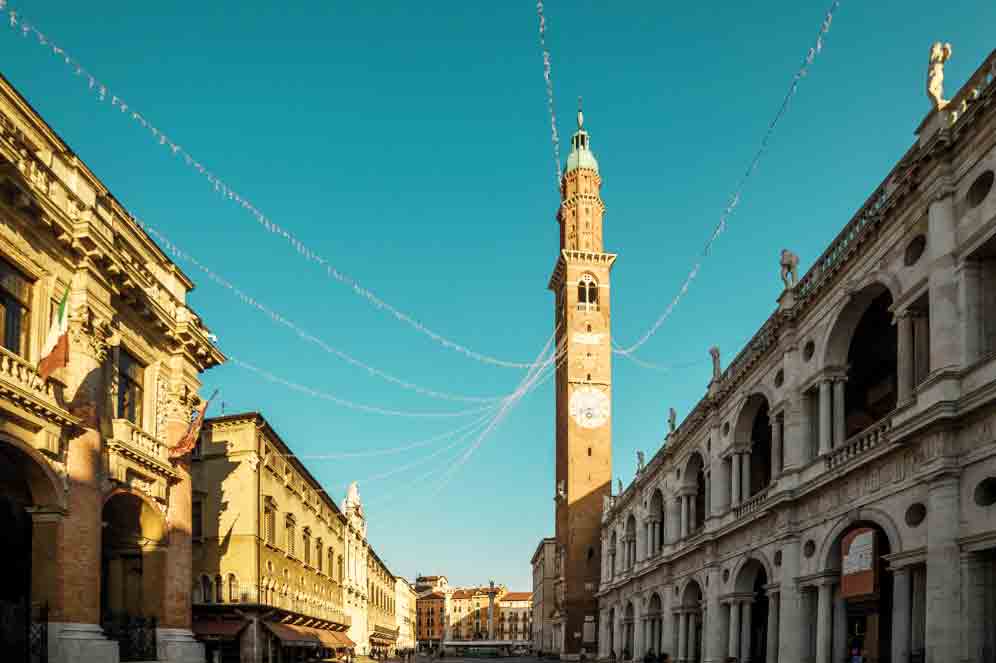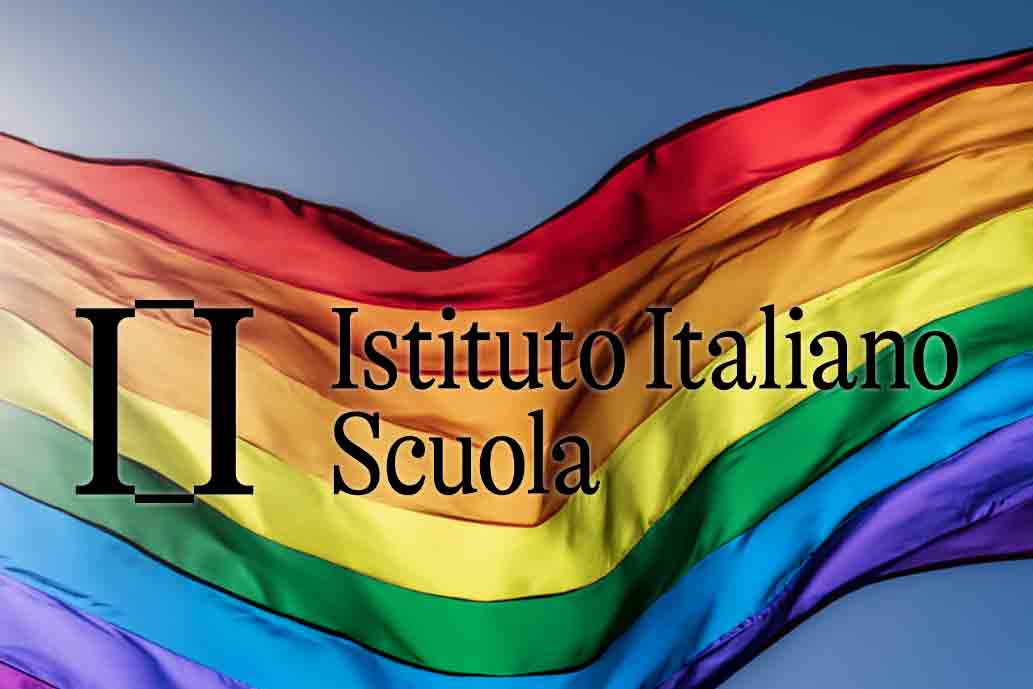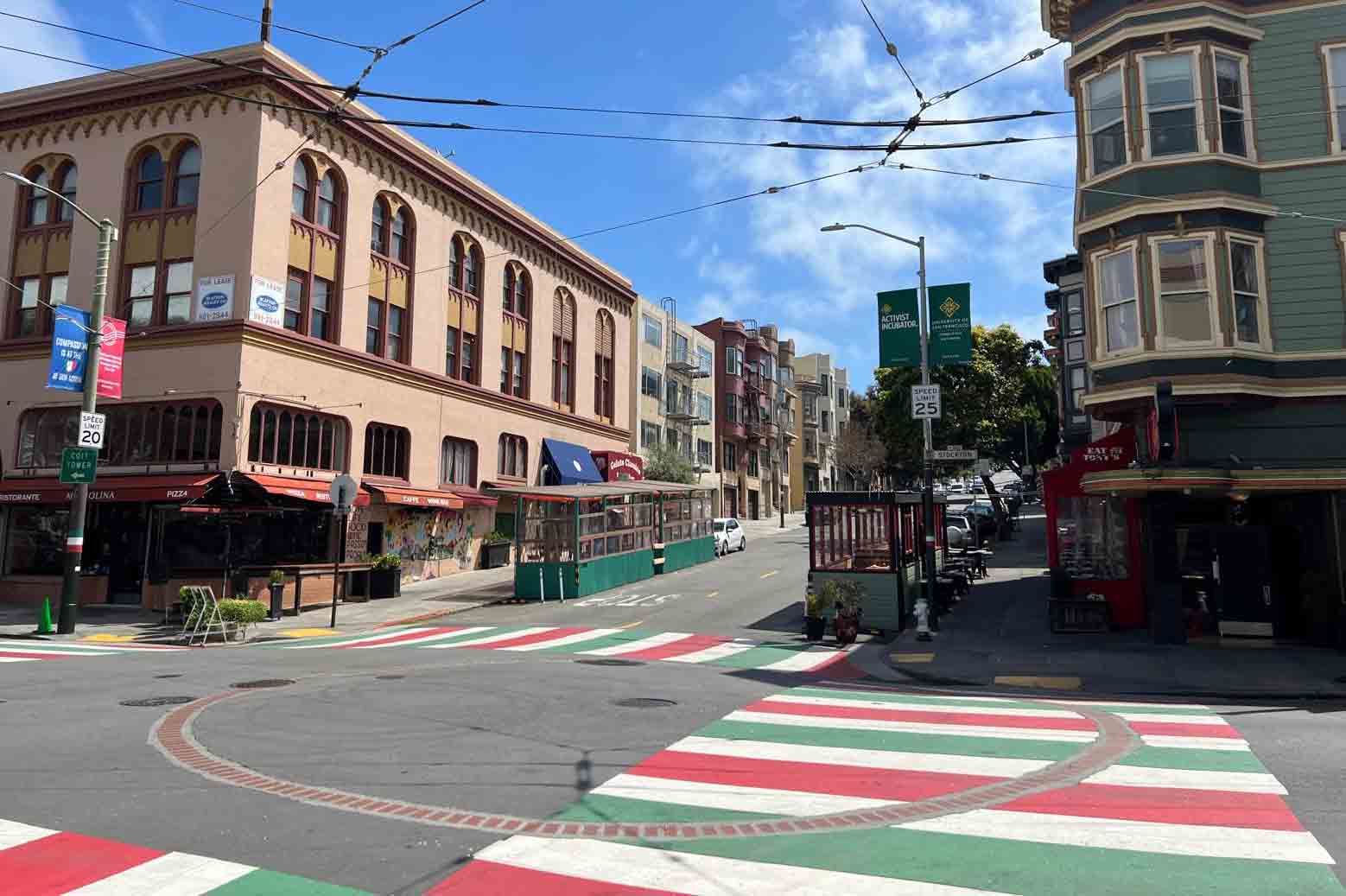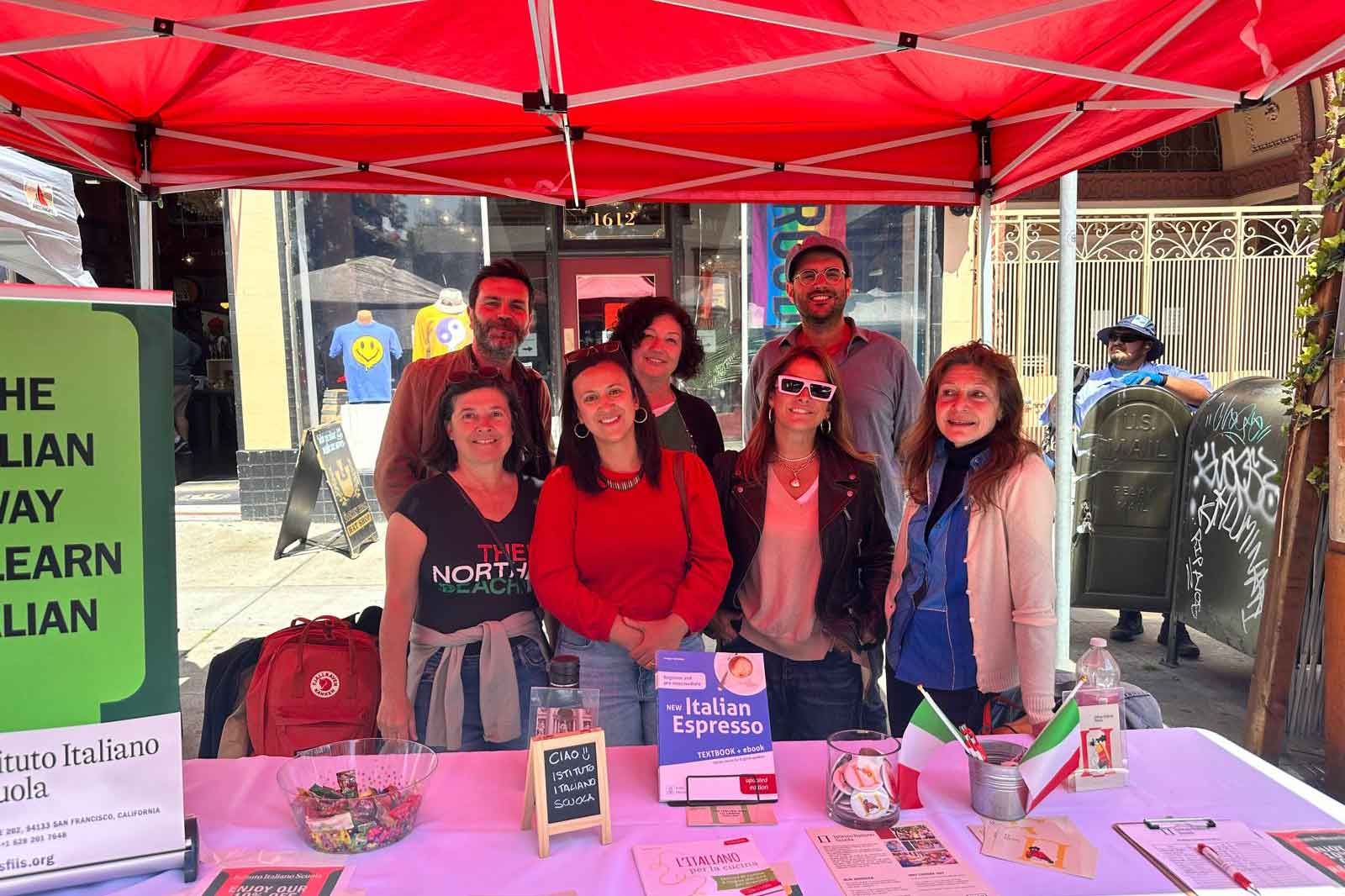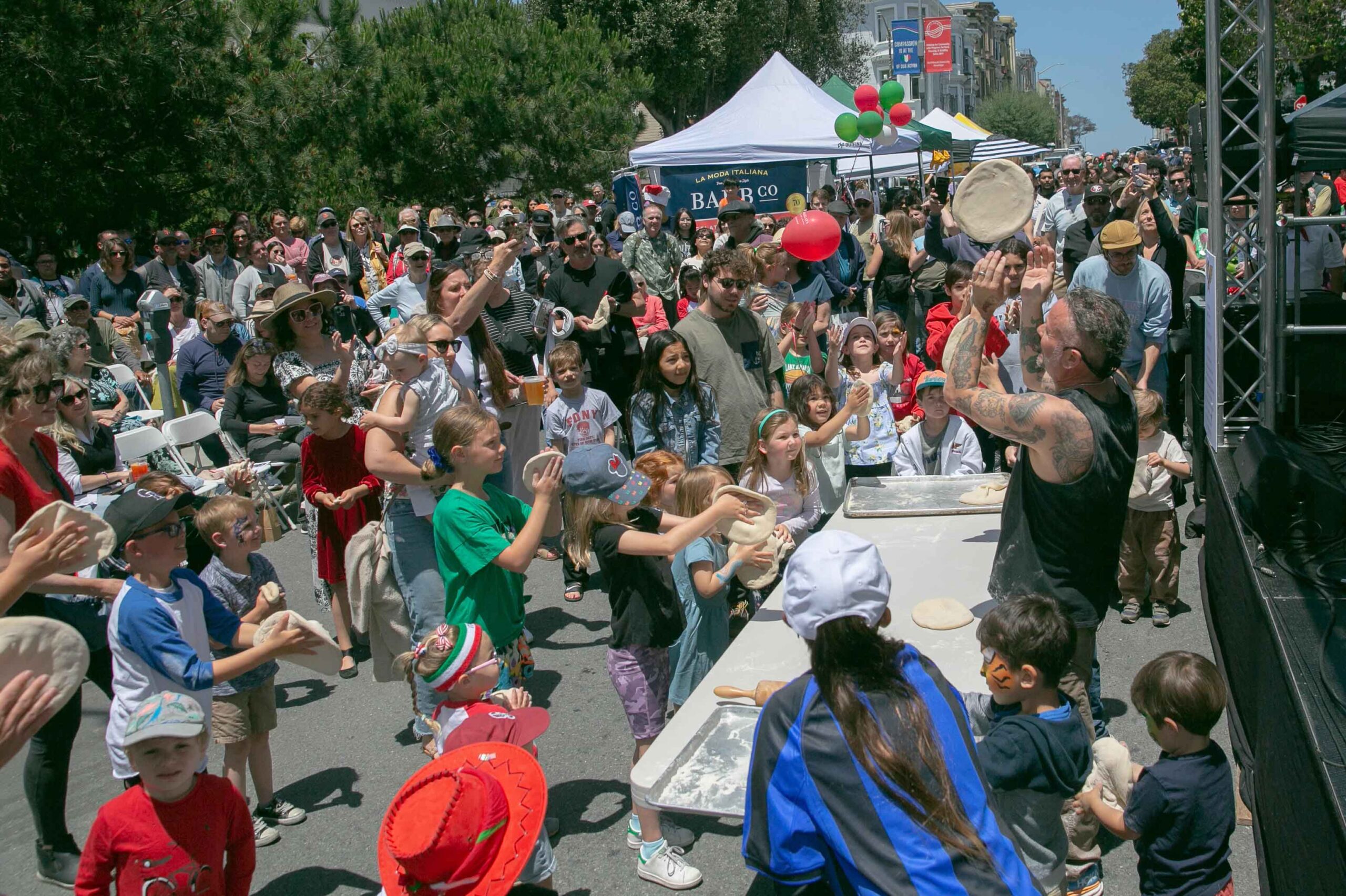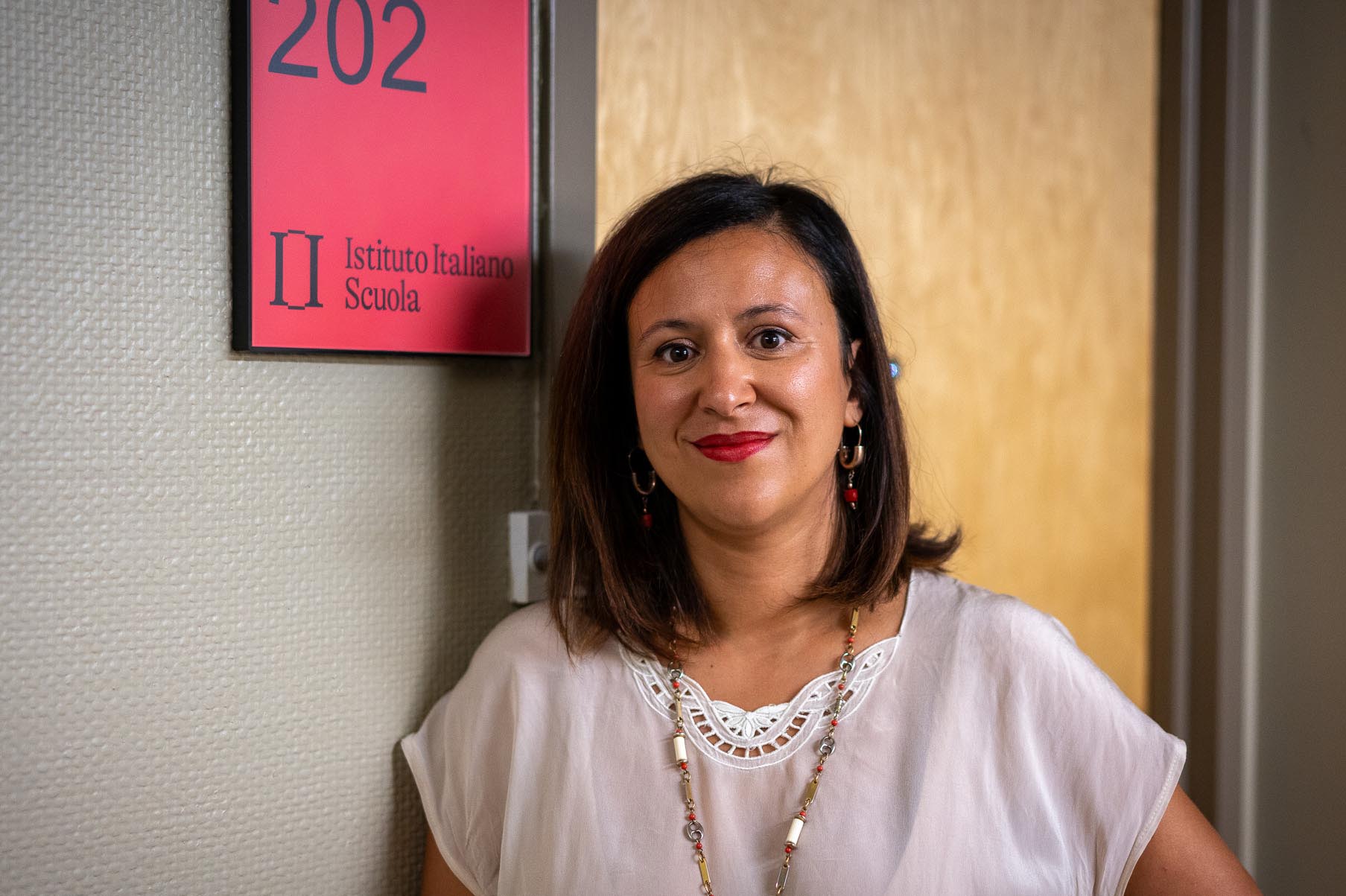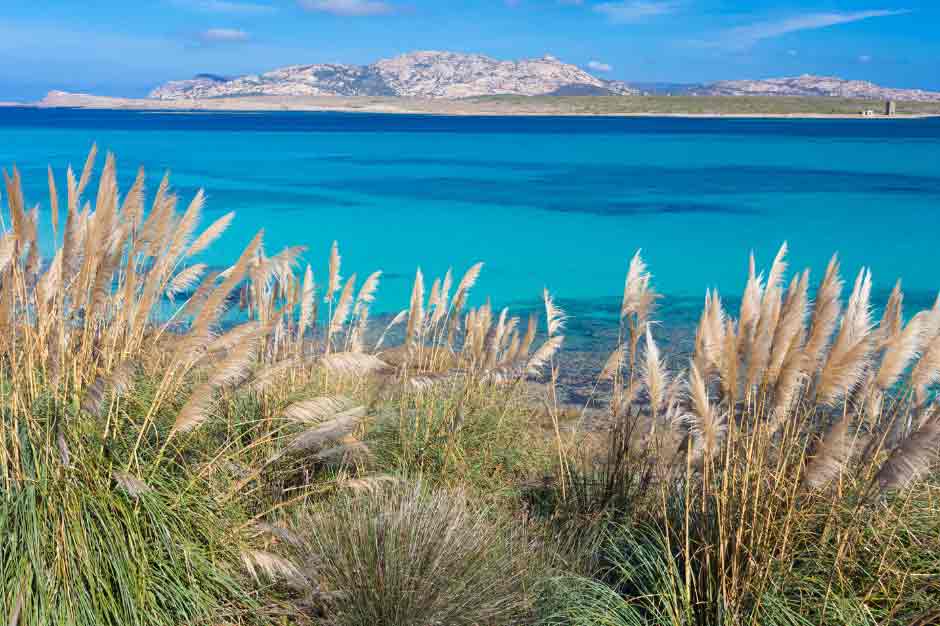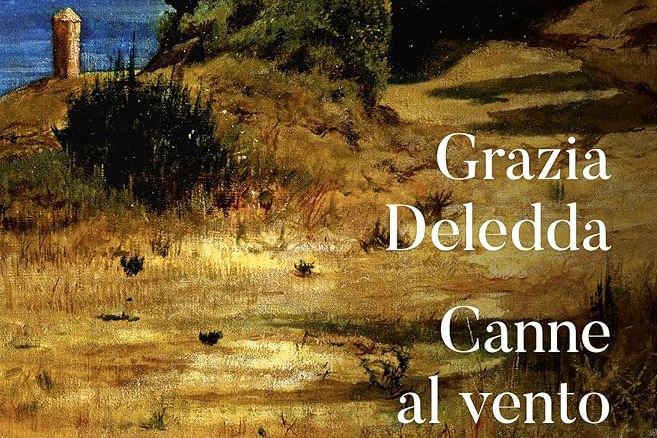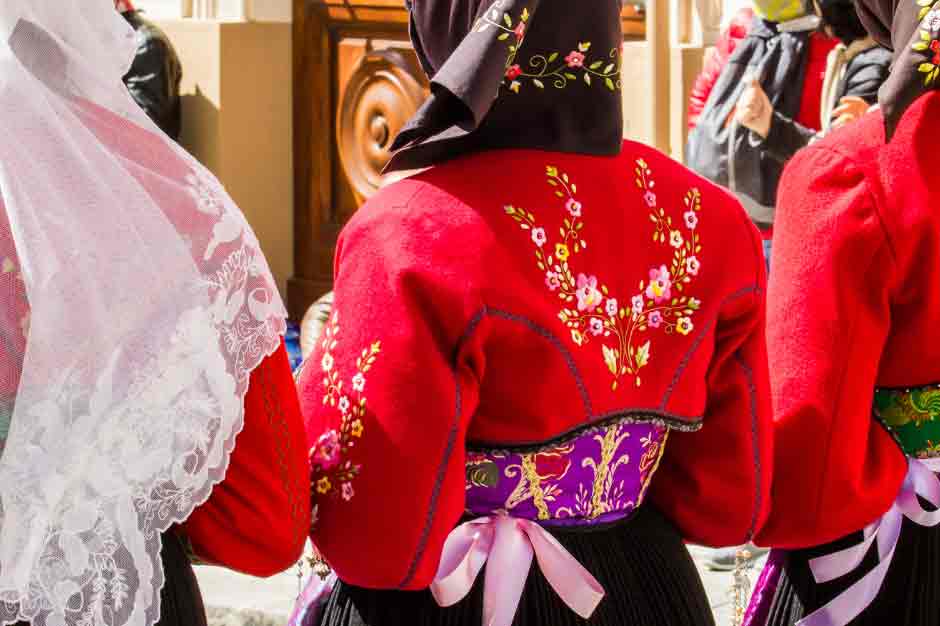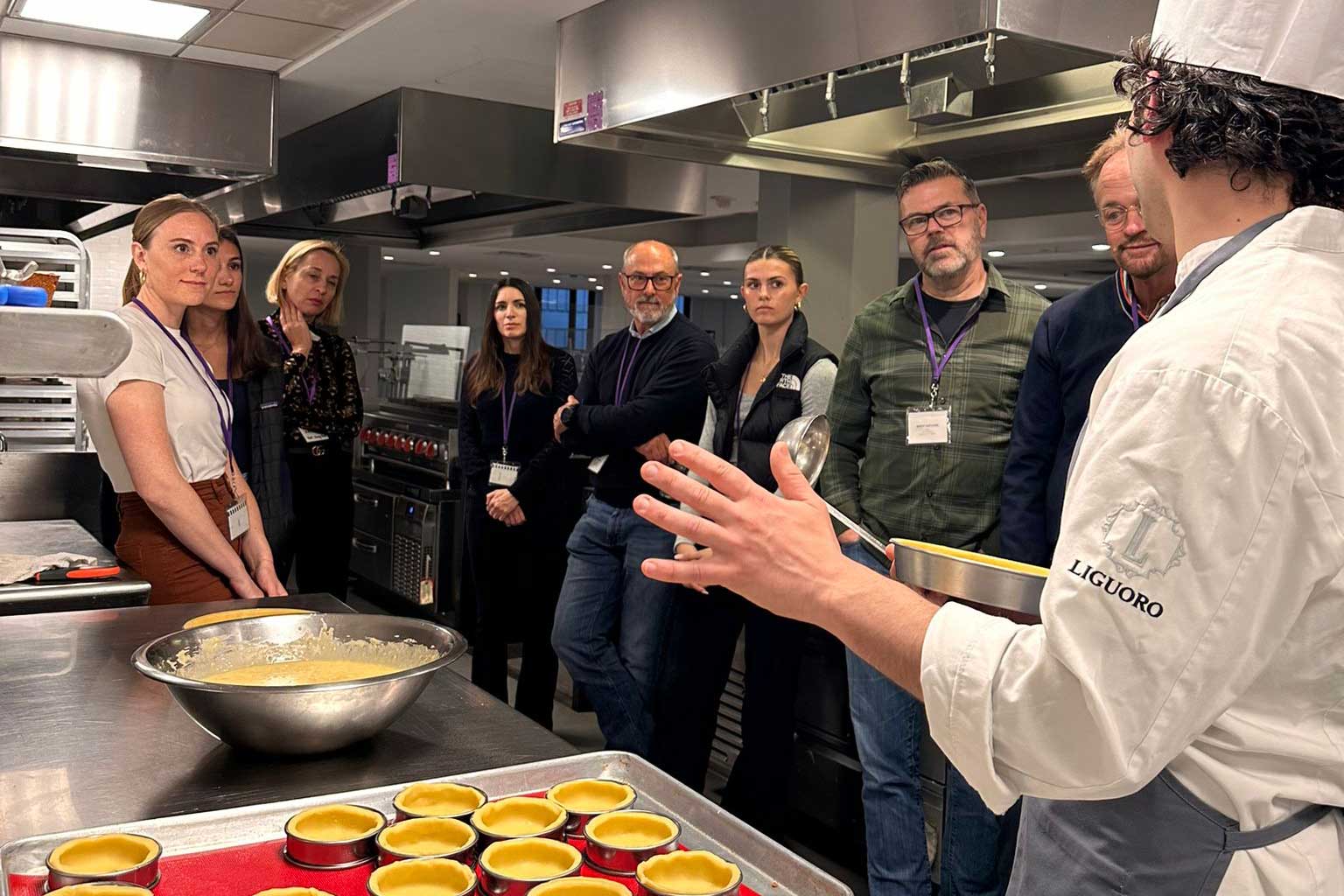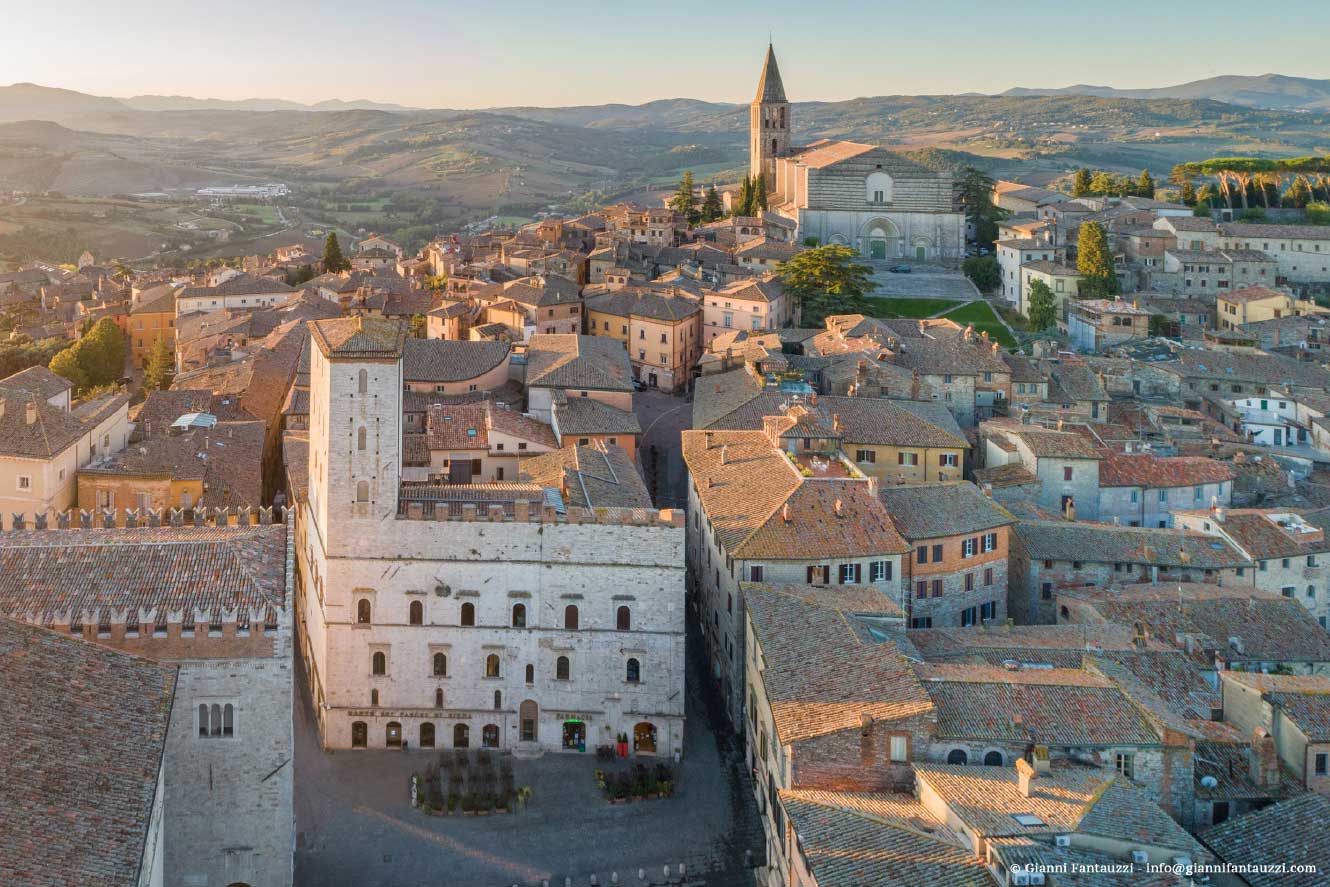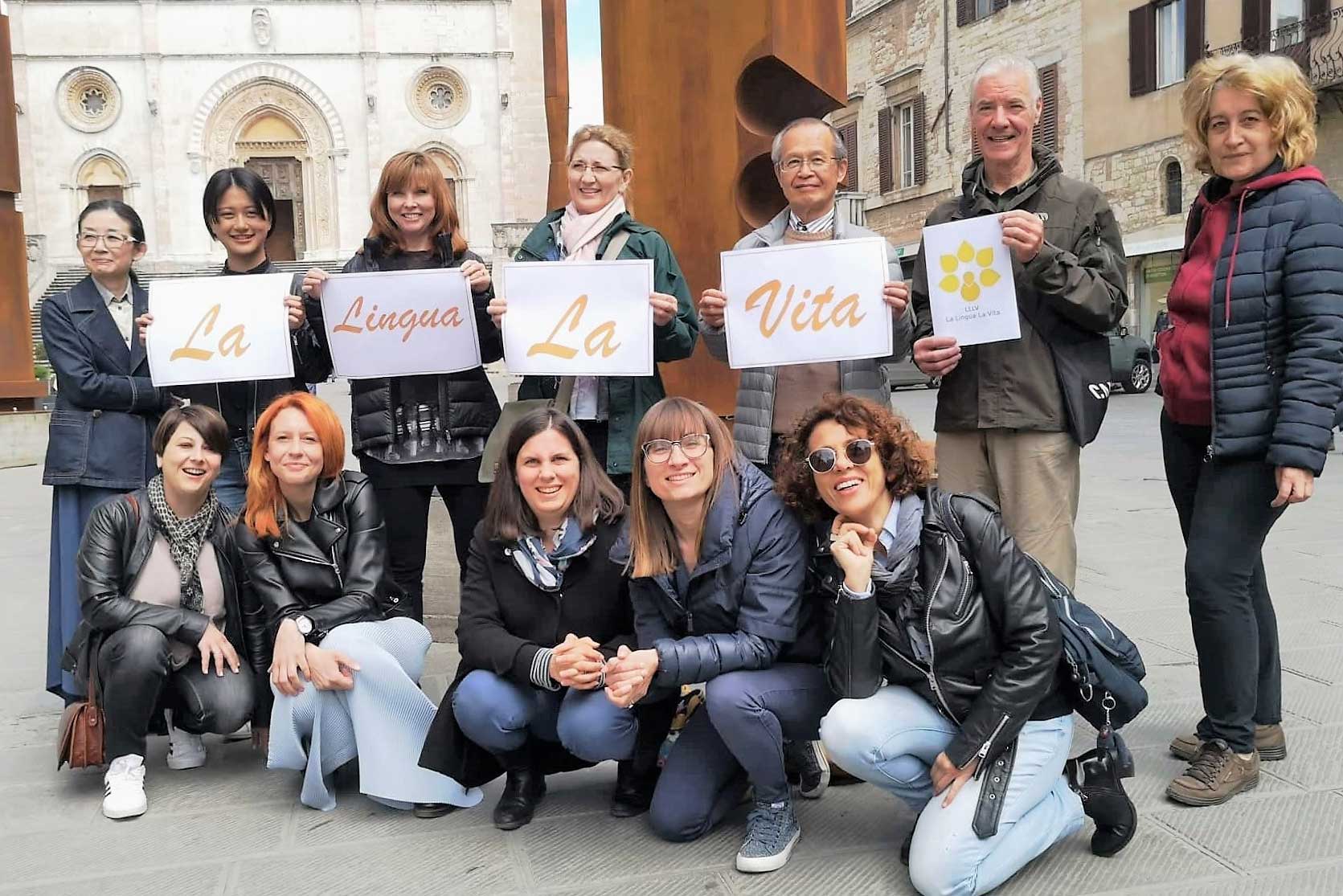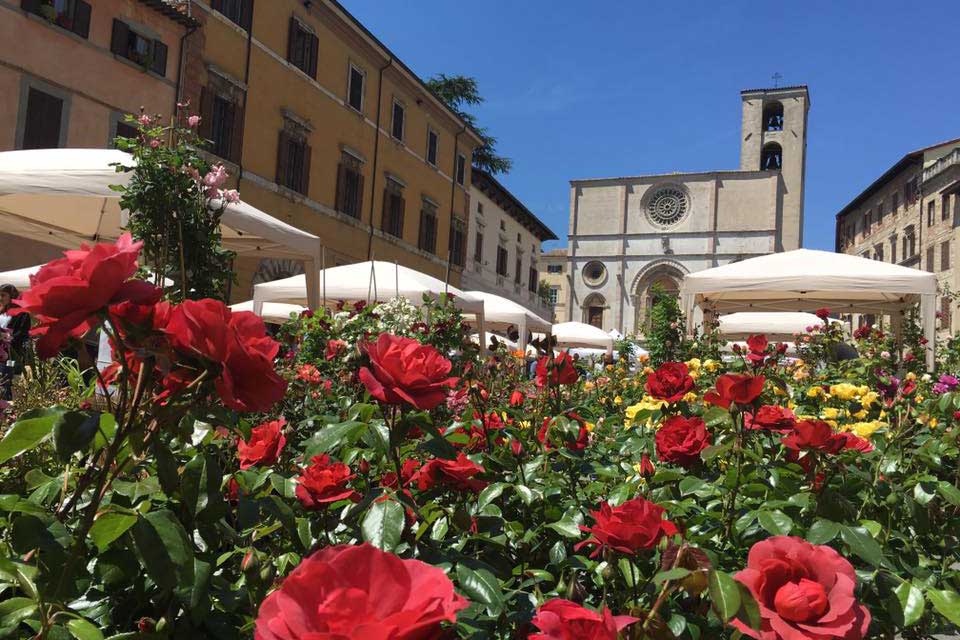
The power of Italian literature through “Vita” by Melania Mazzucco
On International Literacy Day, we celebrate the transformative power of reading and its role in shaping our understanding of the world.
For Istituto Italiano Scuola (IIS), this day is particularly significant as it underscores our mission to promote the Italian language and culture through literature. Italian literature, with its rich history and profound narratives, offers not just a window into Italy’s past but also a lens through which we can explore universal themes of identity, migration, and resilience.

The Importance of Italian Literature
Italian literature has always been a cornerstone of cultural education, not just for those learning the language, but for anyone seeking to understand the complex tapestry of Italian identity. From Dante’s “Divine Comedy” to Elena Ferrante’s contemporary works, Italian authors have used literature to explore the human condition, address social issues, and reflect on Italy’s historical and cultural evolution.
At IIS, we believe that literature is a powerful tool for connecting our students to Italy’s rich cultural heritage. By engaging with Italian literature, students can deepen their language skills, broaden their perspectives, and immerse themselves in the narratives that have shaped Italy and, by extension, the world.
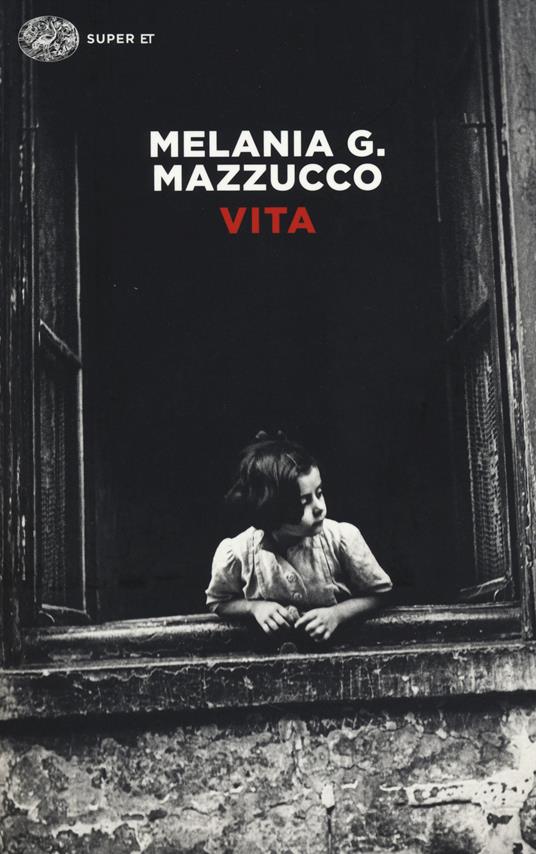
Connecting to Our Mission
Our mission at IIS is not just to teach the Italian language but to foster a deeper understanding of Italy’s culture and history. Literature is integral to this mission, as it allows our students to explore Italy’s diverse voices and experiences. Through our “Leggiamo Insieme” series, for instance, we aim to create a community of learners who are not only proficient in Italian but also passionate about its literature and the stories it tells.
“Vita” by Melania Mazzucco
This September, as part of our “Leggiamo Insieme” series, we will be reading “Vita” by Melania Mazzucco, a novel that brilliantly encapsulates the Italian immigrant experience in America. “Vita” tells the story of two young Italian immigrants, Vita and Diamante, who arrive in New York in the early 20th century in search of a better life. The novel weaves a powerful narrative of hope, struggle, and survival, drawing on historical events to paint a vivid picture of the immigrant experience.
“Vita” is not just a story of two individuals; it reflects the millions of Italians who left their homeland in search of opportunity, contributing to the fabric of the American society while holding onto their cultural identity. Through this book, readers are invited to explore themes of displacement, cultural assimilation, and the enduring ties to one’s roots—themes that resonate deeply with the mission of IIS to bridge cultural understanding through language and literature.

As we celebrate International Literacy Day, we invite our students and community to join us in exploring the powerful narratives that Italian literature offers. “Vita” by Melania Mazzucco is more than just a novel; it is a testament to the enduring spirit of the Italian people and the importance of preserving our stories. Through the pages of this book, we continue our mission at IIS to connect our students with the rich cultural legacy of Italy, fostering a lifelong love for the language and the literature that brings it to life.
